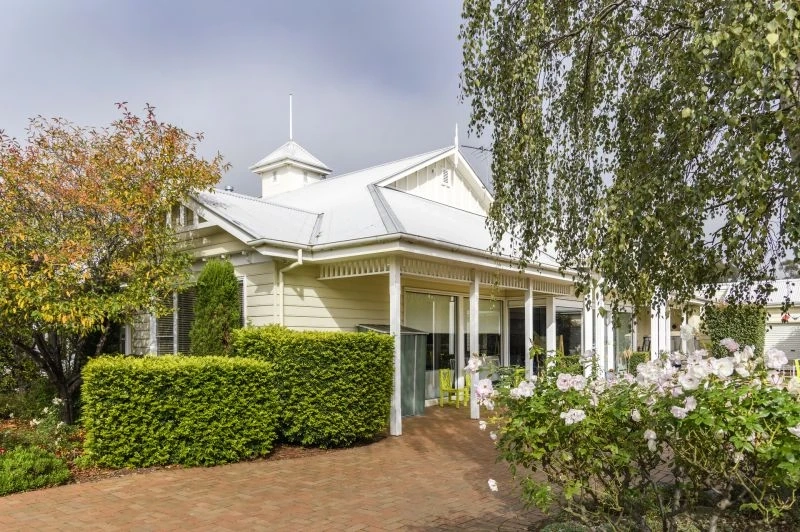In the realm of retirement options, the distinction between over 55 communities and retirement villages often revolves around the nature of the agreement—specifically, whether it pertains to the land or the building. Let's delve into the differences that set them apart to help you make an informed choice for your golden years.
Understanding Retirement Village Contracts
Freehold Retirement Village
In this setup, you acquire a unit or villa on a strata title, akin to buying a standard house. This means you own both the dwelling and the land, and stamp duty applies, much like it would for a regular house purchase. Monthly fees cover various expenses, including council and water rates, building insurance, and maintenance. Importantly, these fees generally cannot be raised without residents' majority agreement.
Leasehold or Licence Retirement Village (99-year lease)
With this arrangement, you do not own the building or the land, but you are entitled to occupy the unit or villa for the duration of your lease. Leasehold villages register your lease on the title, while licence villages do not. As with freehold, monthly fees encompass several costs. The village operator cannot profit from these fees, and fee increases typically require resident approval under the Retirement Villages Act.
Renting the Land in Lifestyle Communities
In contrast, lifestyle communities follow a different model. When you purchase a unit or villa in such a community, you own the building but lease the land it stands on from the community operator. Your monthly rental fees cover operator services, maintenance, and security. However, these fees tend to be higher than those in retirement villages due to the land lease.
One important distinction is that the land remains under the ownership of the community operator. This means they can issue a notice to vacate if they decide to repurpose the land, sometimes within as little as six months.
Departure Considerations
Leaving a Lifestyle Community
When departing a lifestyle community, you must either sell your dwelling or find a way to relocate it. There is no guarantee regarding the condition of the unit or villa upon departure, as operators are not obliged to reinstate it.
Leaving a Retirement Village
In contrast, when you leave a retirement village, the operator typically has an obligation to restore the unit or villa to its original condition, with the outgoing resident being responsible for any damage beyond fair wear and tear. Additionally, you may need to pay an exit fee upon departure to cover the operator's investments and facility improvements. Deferring this fee until departure can provide you with more financial flexibility while residing in the village, unlike in a lifestyle community.
Security and Longevity
Retirement villages offer added security and longevity. Many now provide expanded care services, allowing residents to remain in their homes longer and potentially delay or avoid transitioning to nursing homes. This extended care aspect enhances the overall sense of security and stability in retirement villages.
In the words of Giselle, "People have a very secure lifestyle in a retirement village. I think it's all got to do with having peace of mind as you get older. When you enter a retirement village, you're entering into a lifestyle that gives you protection and security for the entire time you're living in the village."
To explore retirement options tailored to your preferences, visit our Ingenia Federation Lifestyle Village locations. For enquiries, reach out to us at info@ingeniafederation.com.au or sales@ingeniafederation.com.au.
Ingenia Federation WerribeeIngenia Federation GlenroyIngenia Federation Albion & SunshineAt Ingenia Federation, we're committed to helping you find the ideal retirement living solution that aligns with your lifestyle and preferences. Your retirement journey begins here.



